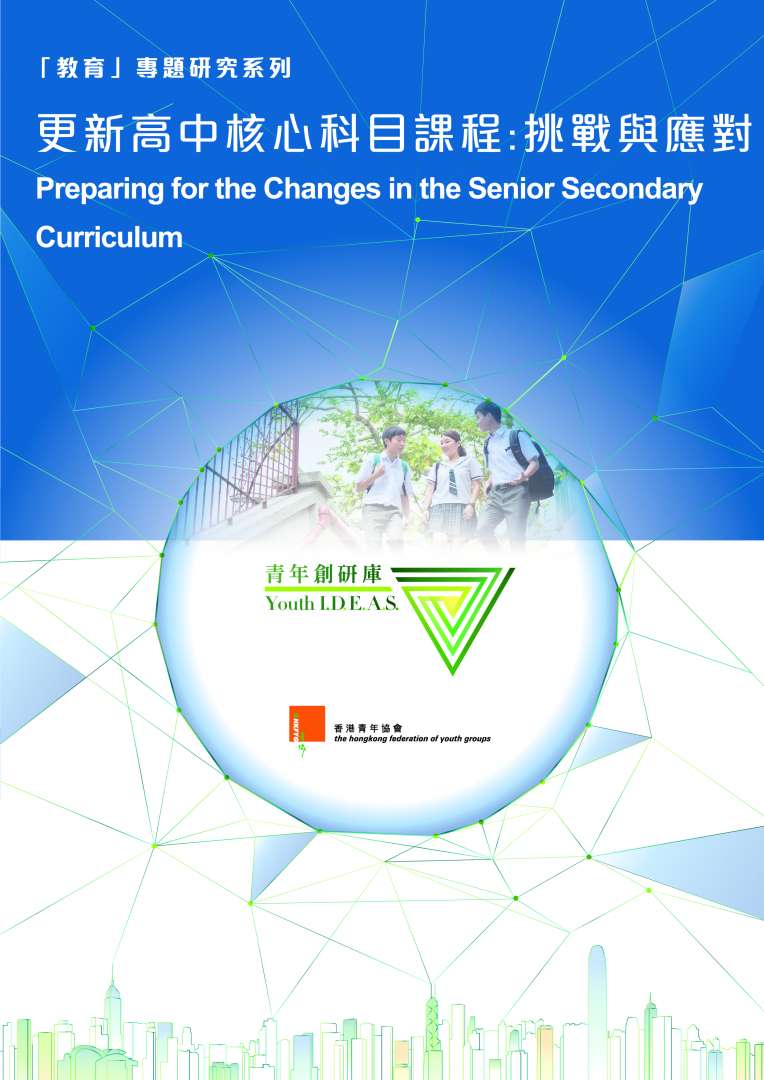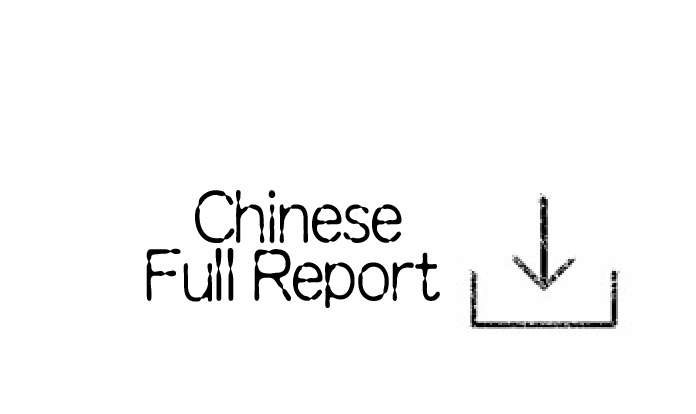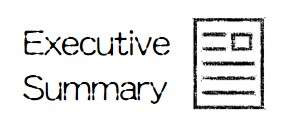Preparing for the Changes in the Senior Secondary Curriculum
Youth I.D.E.A.S. 63
Education
Preparing for the Changes in the Senior Secondary Curriculum
29 August, 2021

In April 2021, the Education Bureau (EDB) officially announced changes in the senior secondary curriculum at Secondary 4 level from the beginning of the 2021/22 school year[1]. The changes in curriculum and examination formats affect four core senior secondary subjects: Chinese Language, English Language, Mathematics and Liberal Studies, now called Citizenship and Social Development (CSD). The policy aims of “Optimising the Four Senior Secondary Core Subjects” are to create time for students and cater for learner diversity.
According to the EDB, after the implementation of the measures, the total number of lesson hours for core subjects at senior secondary level will not exceed half of the total lesson hours. Schools can take this opportunity to review and plan the curriculum in a holistic manner, and release time (of varying amounts) in order to cater for students’ diverse learning and development needs with regard to each school’s own context. The lesson time released can facilitate schools’ provision of more diversified options e.g. enabling students to take an additional elective subject (including Applied Learning); engage in more in-depth study of subjects; study the Mathematics Extended Part; participate more actively in Other Learning Experiences by pursuing other personal interests that cater to their abilities and/or aspirations[2].
The extent of the changes will differ for each of the four core subjects. For Chinese Language, the reading and writing elements will be strengthened across the curriculum. However, the speaking and listening papers will be removed from public examination. For English Language, the changes include integrating the compulsory and elective parts of the curriculum. In Mathematics, schools are advised to use the existing division between “Foundation Topics” and “Non-Foundation Topics” in the compulsory part to cater for students with different learning abilities. For Liberal Studies, it will be renamed “Citizenship and Social Development”, and the updated curriculum will include three modules on Hong Kong, China and The Contemporary World, as well as a Mainland study tour. The subject content and lesson time will be approximately halved, and the public examination results will be reported as “Attained ” or “Not Attained “[3].
When implementing the measures, schools need to consider and plan the senior secondary curriculum in a holistic manner, such as rearranging lesson time and providing subject choices to cater for students’ learning needs. The renewal of core subjects has far-reaching implications for teaching and learning. With less than a year between the announcement and implementation, do schools, teachers and students fully understand the curriculum changes and are they well prepared for the new school year? How to provide adequate support in the implementation process is a matter of concern.
This study gathered information from several sources, including literature reviews, a teacher questionnaire with 395 senior secondary core subject teacher respondents; a student questionnaire with 975 junior secondary student respondents, and interviews with 11 teachers and 3 secondary school principals during June and July 2021.
Discussion
- Schools’ comprehensive planning, teachers’ teaching and psychological preparation, and students’ awareness of the subject changes are all important when implementing curriculum changes.
- Teachers’ and students’ opinions on the changes of the four core subjects.2.1 Chinese Language: The teachers interviewed believed that the changes would help students better understand the Chinese classics and culture, but were concerned that the changes would weaken students’ speaking skills. Students though, felt that they needed to strengthen their writing skills.2.2 English Language: According to the teachers interviewed, approximately 10% said that their schools would offer Applied Learning (Vocational English) in the new school year. Students wanted to strengthen their writing and speaking skills.2.3 Mathematics: More than a quarter of teachers interviewed revealed that their school would offer students the option to study some “Non-Foundation Topics”. More than 45% of the students interviewed said that they might/would choose the above option. Some teachers reflected that it might not good to separate the curriculum purely into Foundation and Non-Foundation topics.
2.4 Liberal Studies: Teachers’ confidence in teaching was low and stress levels were high. The biggest challenge was the lack of detailed course content and the shortage of time. Nearly 75% of the teachers interviewed felt that the new curriculum would reduce the ability of students to analyse from multiple perspectives. Students were less interested in the modules on Hong Kong and China.
- Curriculum changes affect schools’ timetable re-arrangement as a whole. Factors such as university admission requirements, students’ abilities and parents’ perception all affect schools’ planning. There is the need to pay attention to future planning to cater students’ diversity, while also rationalising policy implementation.
Suggestions
- The Education Bureau needs to promote and thoroughly explain the curriculum renewal so the community can understand the rationale and details of the changes.
- Provide more teaching guidelines and examples for core-subject teachers as early as possible.
- Enhance the recognition and time allocated to Other Learning Experiences and Applied Learning, and to provide schools with the flexibility to use the Diversity Learning Grant during the pandemic.
- Set-up a regular review mechanism, comprising the EDB and front-line education professionals to review curriculum renewal in the long-term.
[1] Education Bureau (2021). EDBCM No.39/2021 Measures to Optimise the Four Senior Secondary Core Subjects. https://applications.edb.gov.hk/circular/upload/EDBCM/EDBCM21039E.pdf
[2] Education Bureau (2021). Optimising the Four Senior Secondary Core Subjects.
edb.gov.hk/en/curriculum-development/renewal/opt_core_subj.html
[3] Same as 1.




